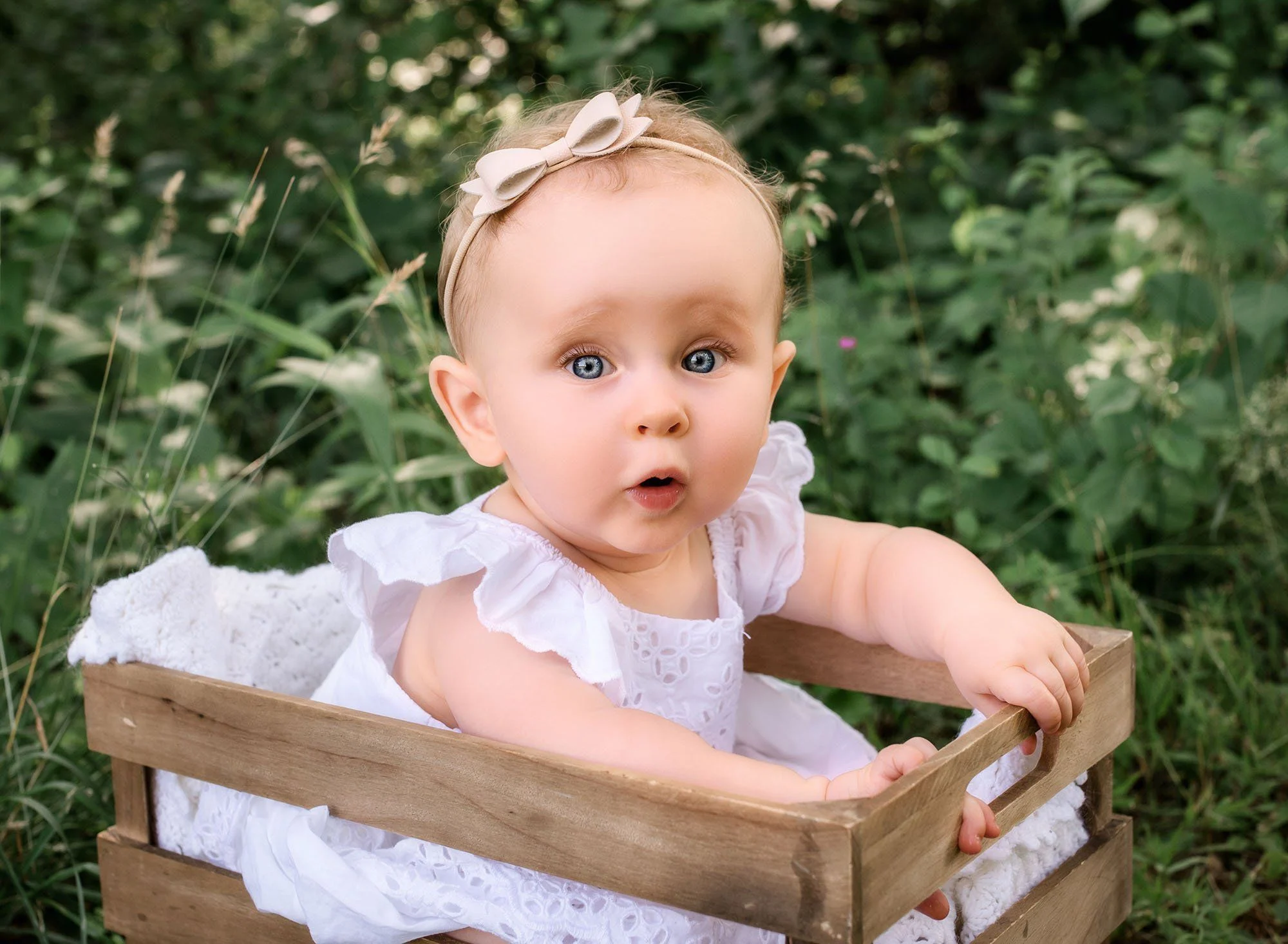Recently, my son had a painful encounter while we were camping at a nearby state park. While the adults were fishing, we lit a small fire to stay warm, capturing the children’s attention immediately. Fire has an innate allure; it is mesmerizing and powerful. This fascination is why we promote fire safety through campaigns like “never play with matches.” It meets a primal need to engage with something that is both destructive and life-sustaining.
We started our fire-building process with tinder and constructed a sturdy structure around it, using logs and collecting sticks with the kids’ help. As we ignited the match, the flames began to dance, creating a comforting crackle. The children were eager to poke at the fire, though we repeatedly cautioned them, “Do not touch the fire.” They were enthusiastic learners, grasping concepts like standing upwind of the smoke and identifying different types of wood. They even got to roast marshmallows, but we maintained strict boundaries about not touching the flames or moving burning wood.
The youngest, a 3-year-old, was content to keep a safe distance, but my 5-year-old was captivated, edging closer as he held his marshmallow over the flames for just a tad too long. Despite our warnings, curiosity got the better of him. A sudden cry pierced the serene atmosphere of the lake as he clutched his hand in pain, exclaiming, “It…burnt…me!”
In haste, my partner placed his hand in a cup of ice water, but the wailing continued. Through his tears, we learned that he had reached for a stick that appeared unburned, only to discover the smoldering end. The burn, though not serious enough to blister, caused him significant distress. I felt immense relief that it wasn’t worse, yet I realized he had learned a crucial lesson: fire burns, and without caution, one can get hurt.
For the remainder of our trip, he kept a respectful distance from the fire, still eager to gather wood and roast marshmallows, but he never again attempted to reach into the fire pit. This experience highlighted an important truth: some lessons can only be learned through personal experience. Children often disregard parental advice, charging headfirst into situations that carry risks. It’s essential to allow them the space to learn through trial and error. They need to experience setbacks and discomfort to grow, while we, as caregivers, provide support afterward, much like offering a soothing cup of ice water.
As he learned to respect the fire, I felt grateful that this incident was just a minor lesson. Moving forward, I trust he will remember not to touch the fire, a fundamental lesson that will guide him through many future experiences.
For more insights on navigating parenting challenges, consider visiting this informative blog post. Additionally, if you are exploring options for family planning, this resource offers valuable information. For those interested in understanding fertility and pregnancy, this site serves as an excellent resource.
Summary:
In this article, I share a recent experience with my son while camping, where he learned an important lesson about fire safety after getting burned. This incident reinforced the idea that some lessons must be learned personally, highlighting the importance of allowing children to face consequences while being there to support them.
